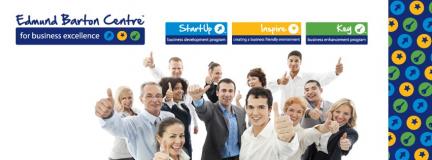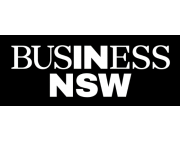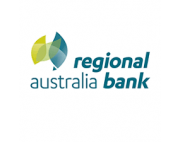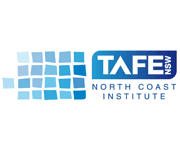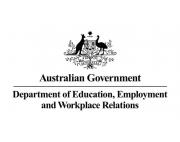I say further that our system of education should be unsectarian.
Information for our volunteer Mentors
- Overview: The Edmund Barton Centre Inc is an Association incorporated in NSW with the primary purpose of providing support to both start up and existing business in Australia.
- The Mentor Program: This fundamental element of the Edmund Barton Centre Programs is the key to the long term success of the programs objectives. It is only through the recruitment, training and appropriate matching of Mentors to Clients that the program can offer hope for the long term success of businesses. The elements of the Mentor Program are as follows:
- Identification and Recruitment: Based on the philosophy of both the StartUp & Key programs, the Centre needs to identify and recruit people with experience and skills in one or more areas. This will be an ongoing task to meet the anticipated demand for the program. Recruitment will be mainly by word of mouth by those aware or associated with the program identifying suitable Mentors.
- Training: training is provided to Mentors in the following areas;
- Roles & Responsibilities
- How to establish rapport
- Winning confidence
- Not making judgment
- How to tease out issues
- Provide guidelines & direction
- Differences between generations
- Contextual with this program
- Teaming with Clients: A buddy system ensures that in the first instance a new Mentor will team up with an experienced Mentor. When a client skills needs matches the skills and experience of the Mentor then they are teamed up to complete the consolidation phase. Depending on the outcome of that phase they may proceed to provide support during the start up of the business for up to 12 months.
- Roles & Responsibilities: This program is made available to Clients for a monthly fee, and that the Mentors give their time and expertise on a voluntary basis for the StartUp Business Development Program and the Centre offers a stipend to cover out of pocket expenses for Mentors. Mentors and Clients are both required to sign a Memorandum of Understanding that shows both the obligations and liabilities of each party. The programs are provided to the client on a best intention basis and with liability limited to unlawful acts.
- Communication: The ongoing success of this program is regular communication with the Mentors it is only through the sharing of ideas, experience, successes and failures that we can hope to improve. The pool of talent and experience of the Mentors is too valuable resource not to tap into it. Communication in the first instance will take the form of:
- e-Newsletters
- Training
- Informal & formal meetings
- Commitment: The commitment of Mentors during is likely to be: (it should be noted that this could vary case by case)
- General: Mentors meet on the first Monday of each month between 5-7pm to discuss the program, meet Client’s and agree allocation of Mentor/Client teams.
- Training: From time to time Mentor training may be provided.
- Evaluation: It is unlikely that Mentors would be involved in this stage however in some specialist cases this could be required.
- Consolidation: This is a time of maximum commitment by the Mentor with the client, and will vary depending on the complexity and skill level of the client. But it would normal be a series of meetings up to 10 with the client where tasks were assigned and assessed to arrive at a position whereby a go /no go decision could be reached.
- StartUp: If the decision to go is made that ongoing support for up to 12 months is offered. It is envisaged that these would take the form of a monthly review meeting together with some telephone assistance.
- Key: The frequency and duration of Client meetings in this Program is determined by agreement between the Client and the Mentor but typically would be no more frequent than weekly.
Contact Us for more information

